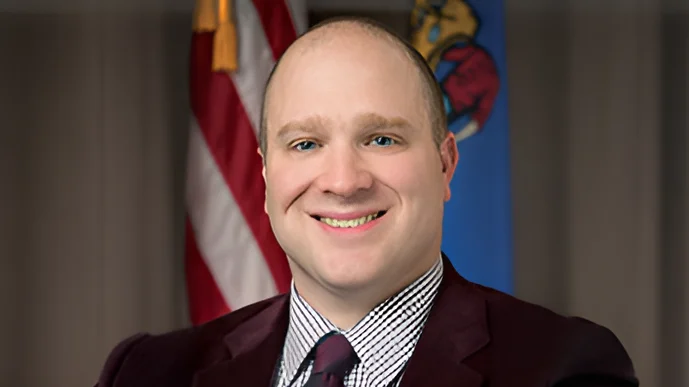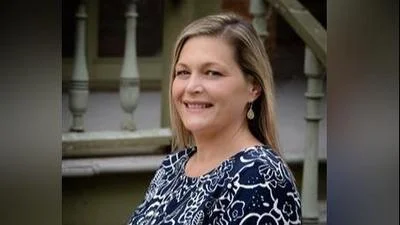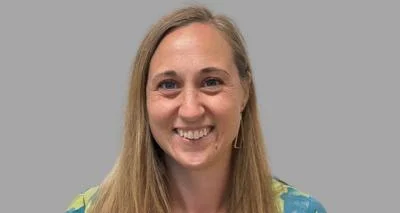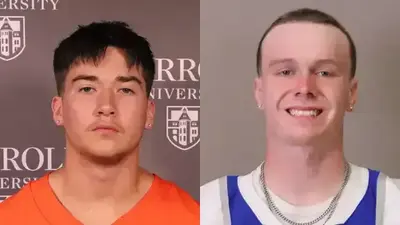Shae Alan Sortwell, Wisconsin State Representative for 2nd District | Official Website
Shae Alan Sortwell, Wisconsin State Representative for 2nd District | Official Website
According to the Wisconsin State Legislature's official website, the bill was described as follows: "the nomination of presidential electors".
The following is our breakdown, based on the actual bill text, and may include interpretation to clarify its provisions.
In essence, this bill amends the process for nominating presidential electors in Wisconsin when a political party lacks candidates for the state senate, assembly, or holdover state senator during a presidential election year. Under the current law, party members including state senate or assembly candidates, state officers, and holdover state senators must convene at the state capitol to nominate electors. The bill introduces an alternative nomination route where, if a party has no such candidates, the chairperson of the party's state committee must nominate the electors by the first Tuesday in October preceding the presidential election. These nominees include one elector from each congressional district and two for the state at large, whose names must be immediately certified to the election commission's chairperson.
The bill was co-authored by Senator André Jacque (Republican-1st District), Representative Lindee Rae Brill (Republican-27th District), Representative Rob Kreibich (Republican-28th District), Representative Chuck Wichgers (Republican-84th District), and Representative Jerry L. O'Connor (Republican-60th District).
Shae A. Sortwell has co-authored or authored another 30 bills since the beginning of the 2025 session, with none of them being enacted.
Sortwell graduated from the University of Wisconsin-Green Bay in 2006 with a BA.
Sortwell, a Republican, was elected to the Wisconsin State Assembly in 2019 to represent the state's 2nd Assembly district, replacing previous state representative André Jacque.
In Wisconsin, the legislative process starts when a senator, constituent, group, or agency proposes an idea for a bill. After drafting, the bill is introduced, numbered, and referred to a committee for review and public input. If approved, it moves through three readings and votes in both the Senate and Assembly. Once both chambers pass the same version, the bill goes to the governor, who can sign it, veto it, or let it become law without a signature. Only a small share of bills introduced each session ultimately become law. You can learn more about the Wisconsin legislative process here.
| Bill Number | Date Introduced | Short Description |
|---|---|---|
| AB149 | 03/17/2025 | The nomination of presidential electors |
| AB132 | 03/13/2025 | Creating a board to organize, promote, and host a Wisconsin nuclear power summit. (FE) |
| AB127 | 03/11/2025 | The duty of a pharmacist to dispense lawfully prescribed drugs and devices. (FE) |
| AB108 | 03/11/2025 | A nuclear power siting study and time limits for taking final action on certain certificate of public convenience and necessity applications. (FE) |
| AB88 | 02/28/2025 | Civil action for injury or damages resulting from riot or vandalism, participation in a riot, prohibiting certain limitations or restrictions on law enforcement responses to riot or vandalism activity, and providing a penalty |
| AB87 | 02/28/2025 | Restitution orders following a conviction for human trafficking and restoration of the right to vote to a person barred from voting as a result of a felony conviction. (FE) |
| AB86 | 02/28/2025 | Imposing the penalty of life imprisonment for the crime of child trafficking and providing a penalty. (FE) |
| AB42 | 02/17/2025 | Local regulation of fowl |
| AB41 | 02/17/2025 | Local regulation of vegetable gardens |
| AB26 | 02/17/2025 | Battery or threat to jurors and providing a penalty |
| AB17 | 02/06/2025 | Creating an employee ownership conversion costs tax credit, a deduction for capital gains from the transfer of a business to employee ownership, and an employee ownership education and outreach program. (FE) |






 Alerts Sign-up
Alerts Sign-up